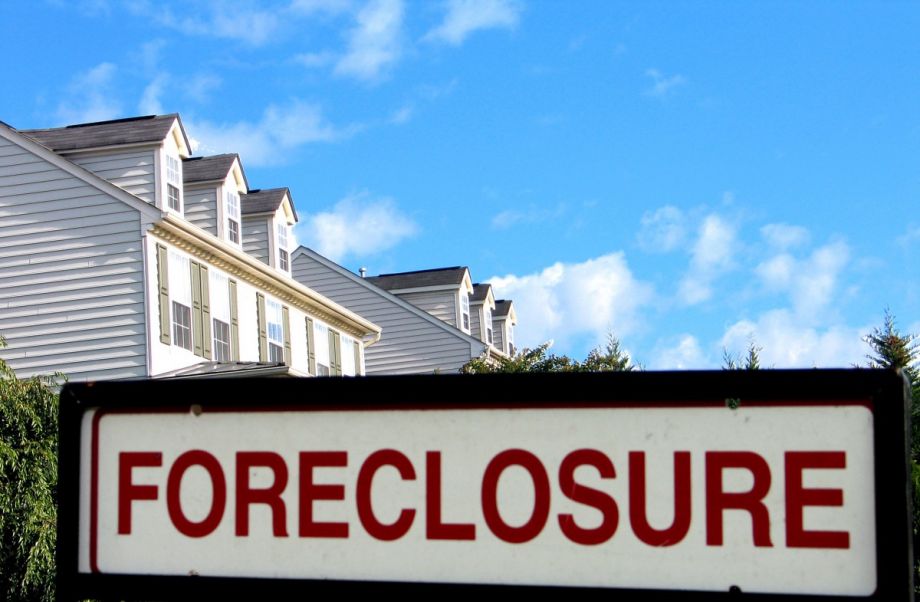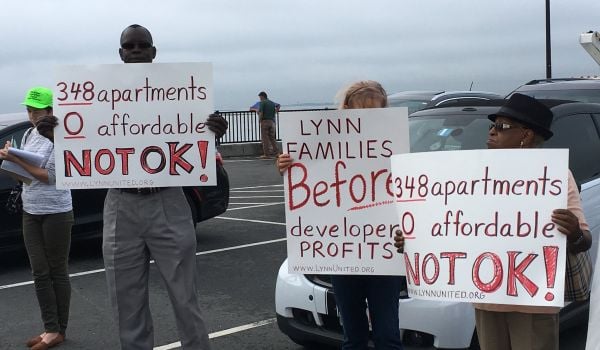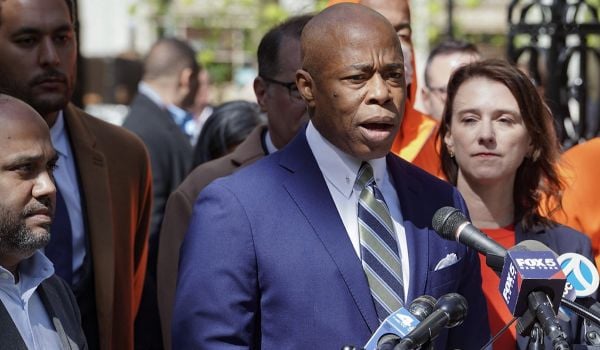Wall Street’s Single-Family Rental Strategy Is Squeezing Tenants
A new report in The New York Times Magazine chronicles the growth of the corporate single-family rental market in the wake of the 2008 foreclosure crisis — what journalist Francesca Mari calls “the financial industry’s newest scheme to harvest money from housing.” After the mortgage crisis, investors like Invitation Homes, associated with the private-equity firm Blackstone, were able to purchase foreclosed homes at a deep discount, and rather than selling them to new owner-occupants, have instead in many cases rented them to tenants. They have also created new financial securities products backed by expected rental income from these homes. As property values have rebounded and new acquisitions become more expensive, the report notes, these landlords have sought to squeeze even more money out of tenants to provide returns to investors.
“Rather than protecting communities and making it easy for homeowners to restructure bad mortgages or repair their credit after succumbing to predatory loans, the government facilitated the transfer of wealth from people to private-equity firms,” the report says. “By 2016, 95 percent of the distressed mortgages on Fannie Mae and Freddie Mac’s books were auctioned off to Wall Street investors without any meaningful stipulations, and private-equity firms had acquired more than 200,000 homes in desirable cities and middle-class suburban neighborhoods.”
The investor groups have proven to be “particularly rapacious” as landlords, the report says, pursuing big profits on short timelines by raising rents and fees, filing frequent evictions, and charging tenants for basic maintenance like mold remediation and landscaping. Their leases have grown to dozens of pages. In one set of leases, tenants are charged $20 a month for smart-lock services, but “The first month … was free, so that by the time the charge appeared on the rent bill, it was too late to opt out.” Corporate landlords’ share of the single-family rental market is growing in many places, the report notes, raising questions about its impact on overall housing affordability in places like California.
San Jose Voters Support Transfer Tax for Homeless Services
As a handful of ballots are still trickling in, voters in San Jose appeared to approve Measure E, a ballot initiative that would create a new transfer tax on homes sold for $2 million or more and direct the proceeds to new affordable housing and homeless services, according to a local NBC report. The measure would impose a tiered tax on real estate sales — 0.75 percent on properties worth $2 million to $5 million, 1 percent on properties worth $5 million to $10 million, and 1.5 percent on properties sold for more than $10 million — and could raise around $70 million a year, according to city estimates. Mayor Sam Liccardo celebrated the passage of the measure on election night, according to the San Jose Spotlight. “When confronted with the worst housing crisis in anyone’s lifetime, San Joseans made a decision that we need to do more to get our neighbors off the street and help our teachers and nurses and struggling families continue to stay and strive in our community,” Liccardo said, according to the report. As Next City reported, Liccardo also backed a $450 million affordable-housing bond measure in 2018 that was defeated by voters. The city has proposed spending most of the proceeds of Measure E on supportive housing and affordable rental housing for low-income and moderate-income residents, with some funds reserved for for-sale housing and homelessness prevention, according to a report in The Mercury News.
How Will Rent Control Play in Philadelphia?
Last year in Philadelphia, Working Families Party member Kendra Brooks won a seat on the 17-member city council, by running in the general election and claiming one of the two seats reserved for a minority party — seats that have typically been held by Republicans. Her campaign was powered partly by plans to back rent control and other progressive policies. But as the Philadelphia Inquirer reports, rent control hasn’t received an enthusiastic response in the council so far.
Councilmembers approved a resolution Brooks introduced calling for hearings on rent control, but Brooks has begun using language like “community stabilization” to refer to a broader set of tenant and homeowner protections than just rent control. Last month, the progressive group One PA held a rally where Brooks spoke, and released a report called The Freedom to Stay, calling for rent control in Philadelphia. Rent for a one-bedroom apartment is up 10 percent since last year in Philadelphia, and the city is still tied with Chicago as the 18th most expensive market for renters, according to a recent report. But Philadelphia is still the poorest big city in the United States, and many elected officials claim that the city’s housing issues are more related to low incomes than to excessive rents. “I would like to help people realize that housing affordability is an issue for working class people, and those are the steps we need to take in order to move toward legislation that more people would be willing to support,” Brooks told The Inquirer.
This article is part of Backyard, a newsletter exploring scalable solutions to make housing fairer, more affordable and more environmentally sustainable. Subscribe to our weekly Backyard newsletter.

Jared Brey is Next City's housing correspondent, based in Philadelphia. He is a former staff writer at Philadelphia magazine and PlanPhilly, and his work has appeared in Columbia Journalism Review, Landscape Architecture Magazine, U.S. News & World Report, Philadelphia Weekly, and other publications.
Follow Jared .(JavaScript must be enabled to view this email address)


















